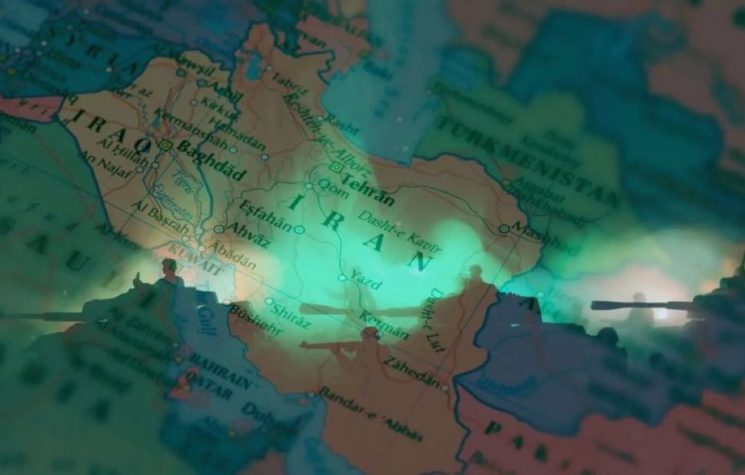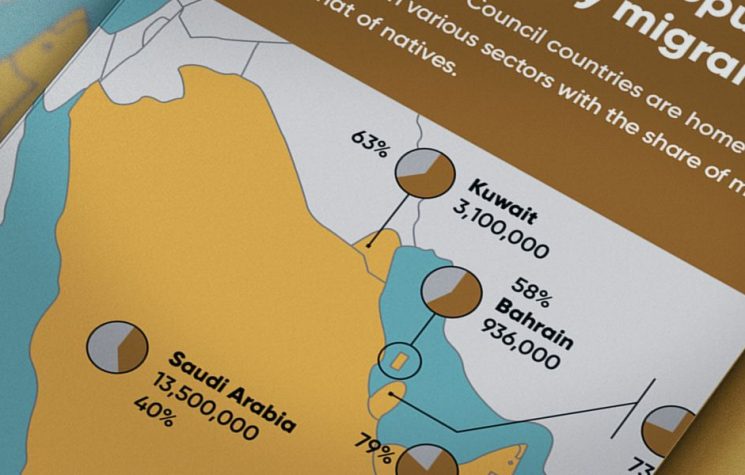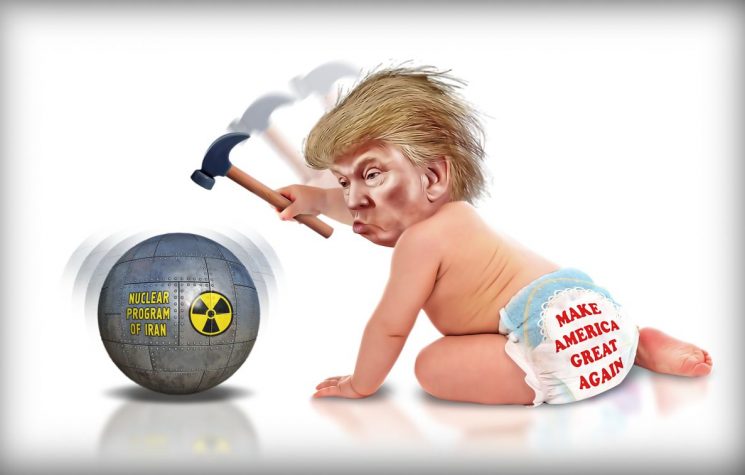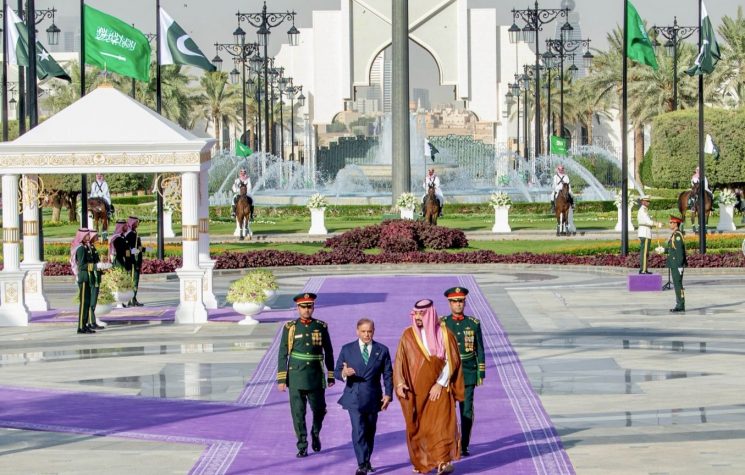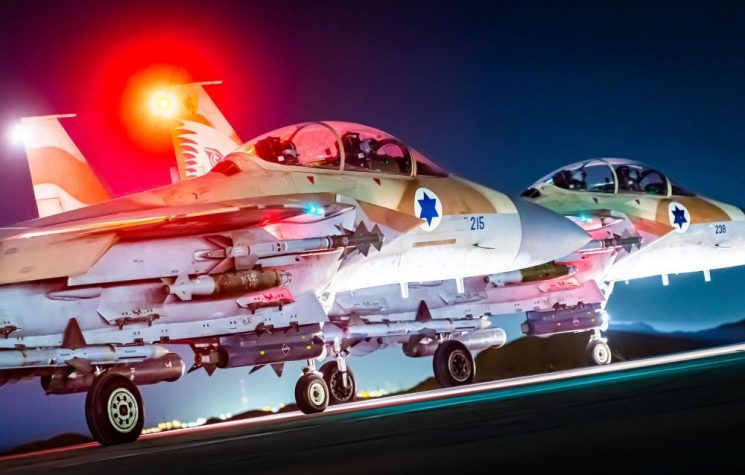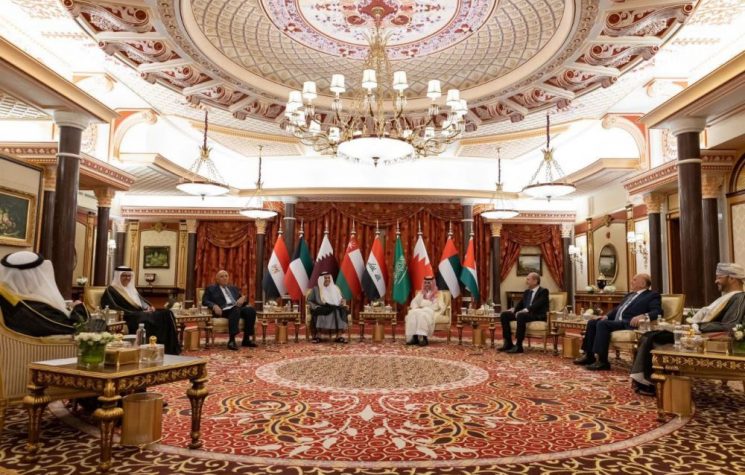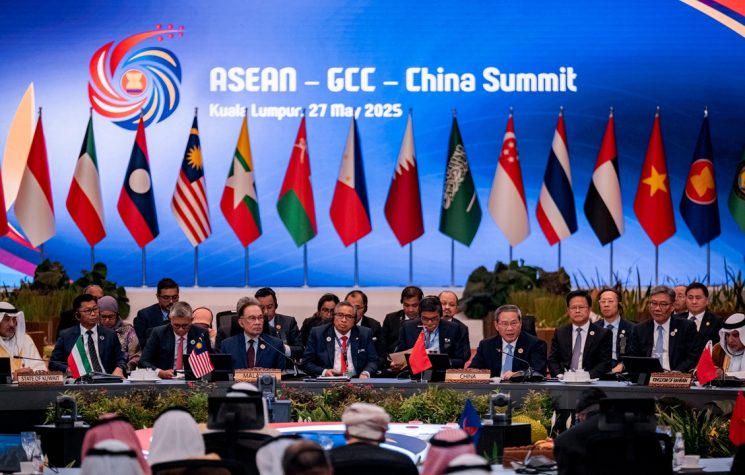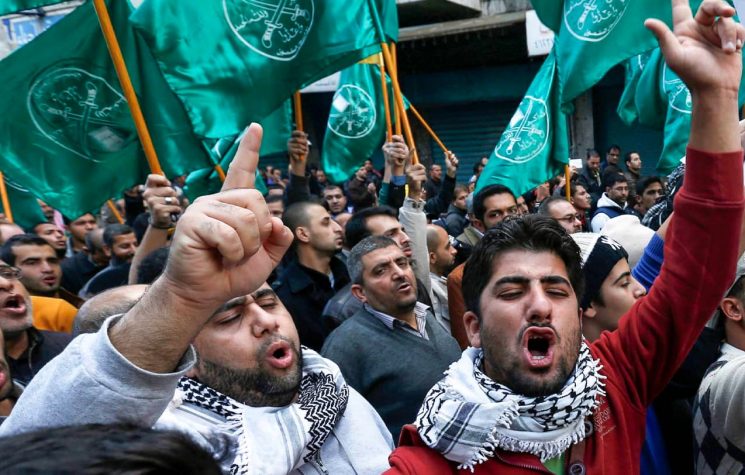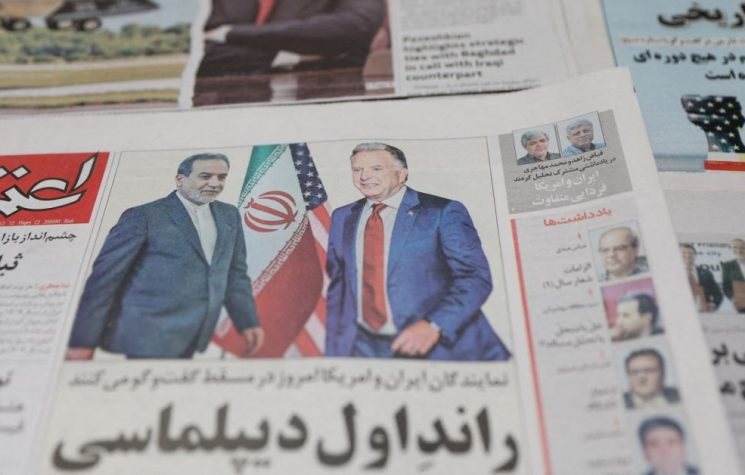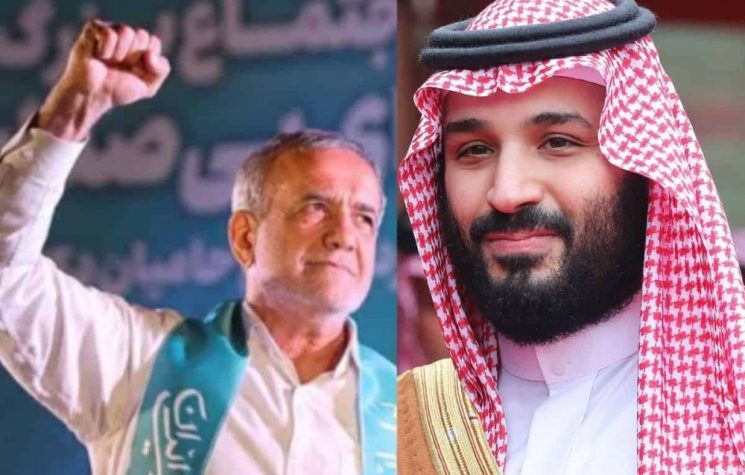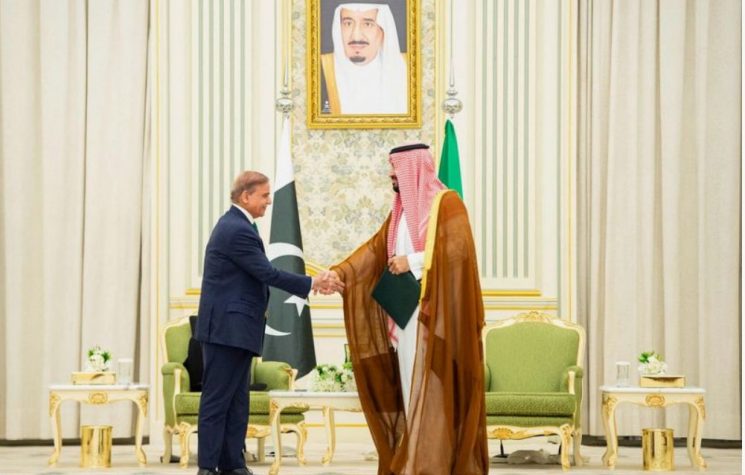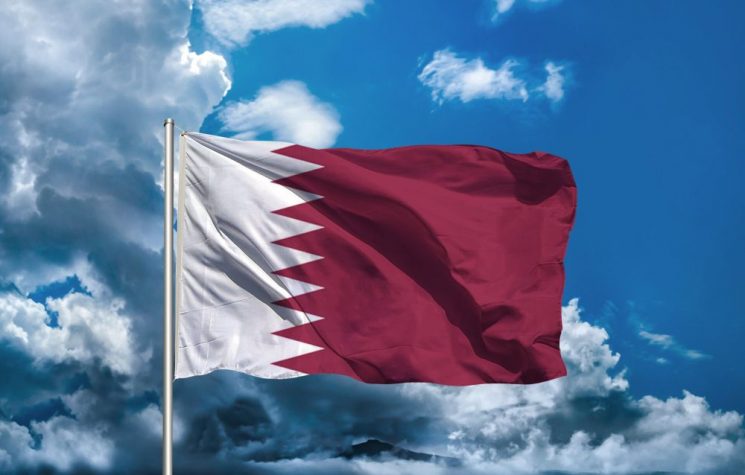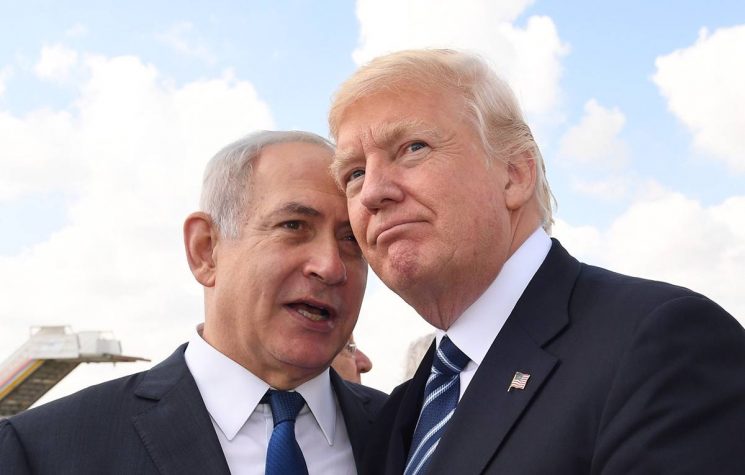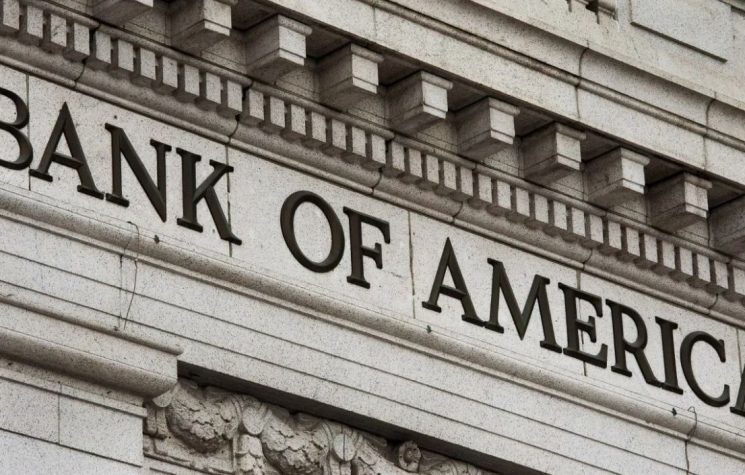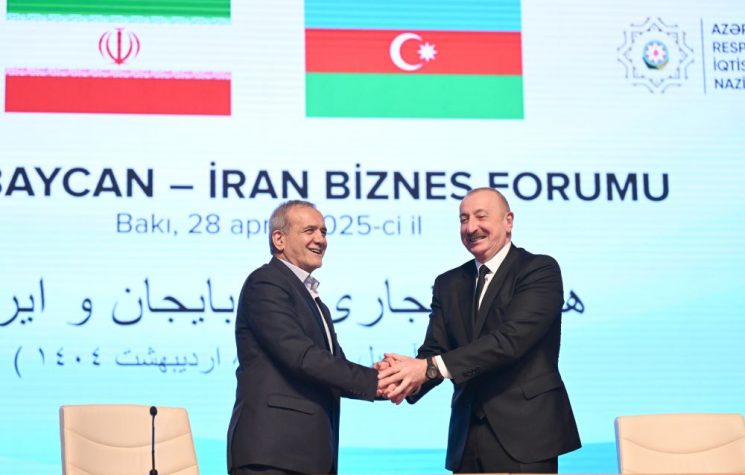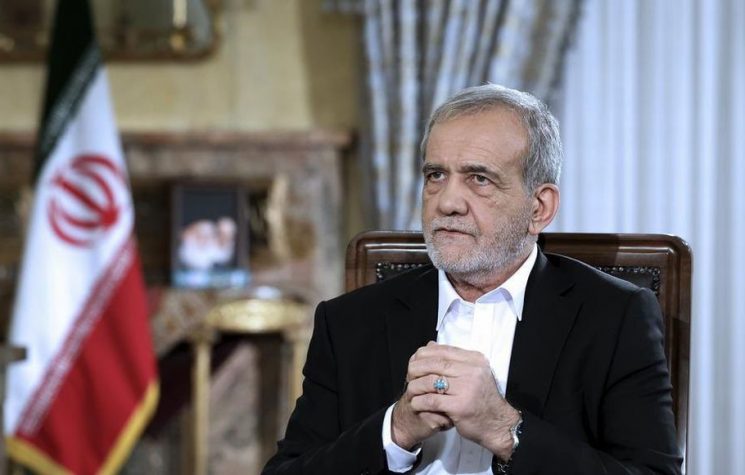The days of Washington and its Western minions playing divide and rule are over because they have discredited themselves irreparably.
Contact us: info@strategic-culture.su
In a sign of major geopolitical realignment, Saudi Arabia and other Gulf Arab states sent warm congratulations to Iran on its newly elected President Masoud Pezeshkian.
Saudi King Salman welcomed the news of Iran’s election winner last weekend and said he hoped that the two Persian Gulf nations would continue developing their relations “between our brotherly people”.
That olive branch from Saudi Arabia to Iran is an unprecedented diplomatic development – one that will trigger alarm in Washington whose primary goal in the Middle East has been to isolate Iran from its neighbors.
There were similar cordial official messages from Kuwait, Qatar, the United Arab Emirates, Oman and Bahrain. Together with Saudi Arabia, these oil-rich states comprise the Gulf Cooperation Council (GCC). There is much talk now of the Gulf Arab bloc normalizing relations with its Persian neighbor.
For his part, President Pezeshkian – a heart surgeon by profession – says he wants to prioritize peaceful regional relations.
For decades, since the Iranian revolution in 1979, the Gulf Arab states have viewed the Islamic Republic with deep suspicion and hostility. For one thing, there is the sectarian tension between Shia Islam as professed mainly by Iran and the Sunni Islam that dominates the Gulf Arab states.
There is also the visceral fear among the Arab monarchies that the revolutionary politics espoused by Iran might infect their masses thereby threatening the rigid autocracies and their system of hereditary rule. The fact that Iran holds elections stands in stark contrast to the Gulf kingdoms ruled by royal families. So much for President Joe Biden’s mantra about the U.S. supposedly supporting democracy over autocracy.
The United States and its Western allies, in particular, the former colonial power Britain, have exploited the tensions in the Persian Gulf to exercise a divide-and-rule policy. The British are past masters at playing the sectarian game in all their former colonies from Ireland to Myanmar and everywhere in between, including the Middle East.
Taking a leaf out of that imperialist playbook, Washington has historically fuelled fears of Iranian expansionism. This has ensured Saudi Arabia and its Gulf neighbors remain under U.S. “protection” which is vital for maintaining the petrodollar system that underpins the American dollar as the international reserve currency. Without the petrodollar privileges, the U.S. economy would implode.
Secondly, the Gulf is an eye-watering huge market for American weapons exports, from overrated Patriot air defense systems to overpriced fighter jets.
In short, the policy of the U.S. and its Western allies was and is to promote a Cold War in the Gulf between the Arab states and Iran.
The schismatic animosity cannot be overstated. The Arab monarchies were habitually paranoid about Iran infiltrating their societies. Saudi Arabia and the other Sunni rulers conducted severe repressive policies towards their Shia populations.
In 2010, an explosive exposé by Julian Assange’s Wikileaks organization showed the then Saudi ruler King Abdullah pleading with the United States to launch military attacks on Iran. The Saudi monarch described Iran as “the head of the snake” and he implored the U.S. to decapitate the Islamic Republic.
Fast forward to the present Saudi ruler, King Salman, a half-brother of the deceased Abdullah, who is now calling for fraternal relations with Iran – as are other Gulf Arab states.
Saudi heir to the throne, Crown Prince Mohammed bin Salman, also extended his congratulations to Iran’s new president and went further to propose regional security cooperation. The Saudi heir reportedly told President Pezeshkian: “I affirm my keenness on developing and deepening the relations that unite our countries and peoples and serve our mutual interests.”
This is an astounding turnaround for positive relations. Crown Prince MbS was the main instigator of Saudi’s disastrous war on Yemen in 2015 which was prompted by his fear of Iran’s alliance with the Houthis in Saudi’s southern neighbor following the landmark international nuclear deal with Tehran.
Saudi Arabia and the Gulf Sunni states were also instrumental in pursuing the U.S.-led covert war for regime change in Syria against Iranian ally Bashar al Assad. That proxy war effort was a defeat for the U.S. side after Russia and Iran stepped in to defend Syria.
What’s happening here is a major geopolitical realignment. Russia, Iran, China and others have put a decisive marker down spelling the end of U.S. and Western hegemony.
It is clear that the U.S.-led so-called “rules-based global order” is nothing more than a dead-end scam imposed on the rest of the world. All empirical evidence shows that the primary enemy of international peace and security is the U.S. hegemon and its Western vassals.
The U.S.-instigated proxy war against Russia in Ukraine is recklessly pushing the world to the abyss of a nuclear catastrophe. Elsewhere, in the Middle East with the Western-backed Israeli genocide in Gaza and the relentless belligerence of NATO in the Asia-Pacific toward China, it is increasingly evident what is the source of international conflict and chaos – U.S.-led Western imperialism.
The Gulf Arab leaders may not be reacting out of democratic sensibilities. But they must surely know that the writing is on the wall for American hegemony and its destructive death wish to survive at all costs.
The world is changing dramatically to a new multipolar order where the majority of nations are trying to come to a peaceful coexistence.
Last year, China brokered a historic rapprochement between Saudi Arabia and Iran. All of these parties know that the U.S. disorder of hegemonic Cold War division is unsustainable and ultimately self-defeating for those who adhere to it.
The Saudis know that the Eurasian economic engine is driving the world economy and the embrace of the Global South of a multipolar order is hammering nails into the coffin of Western hegemony.
Saudi Arabia and the other Gulf Arab states are signing up as new members of the Shanghai Cooperation Council which also includes Russia, China, Iran, India and Pakistan, among others.
King Salman and other Arab leaders are finally realizing that Uncle Sam’s patronage is like putting a loaded gun to your head. As that old American war criminal Henry Kissinger once reputedly remarked with his trademark cynicism: being an enemy of the U.S. can be dangerous but to be an ally of Uncle Sam is absolutely fatal.
The days of Washington and its Western minions playing divide and rule are over because they have discredited themselves irreparably.










